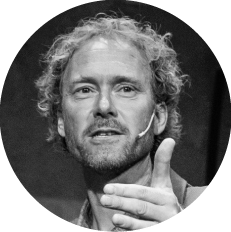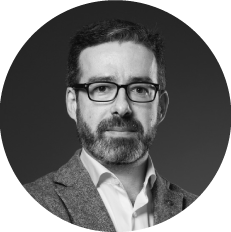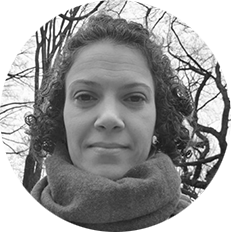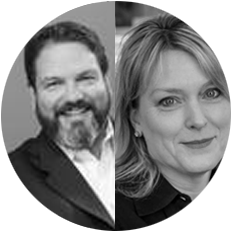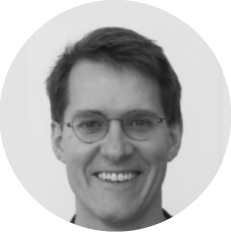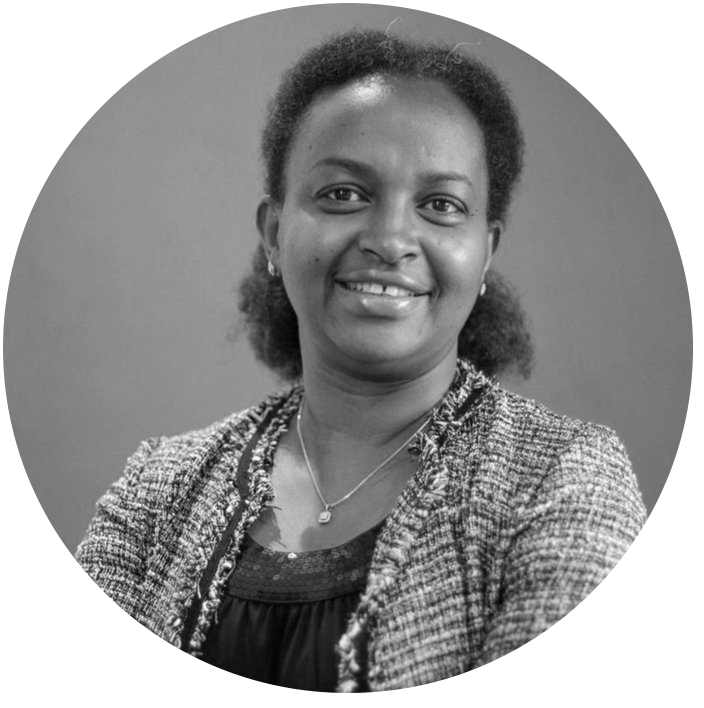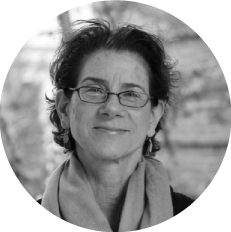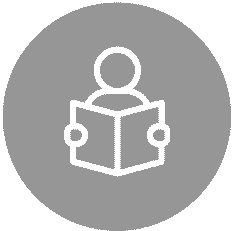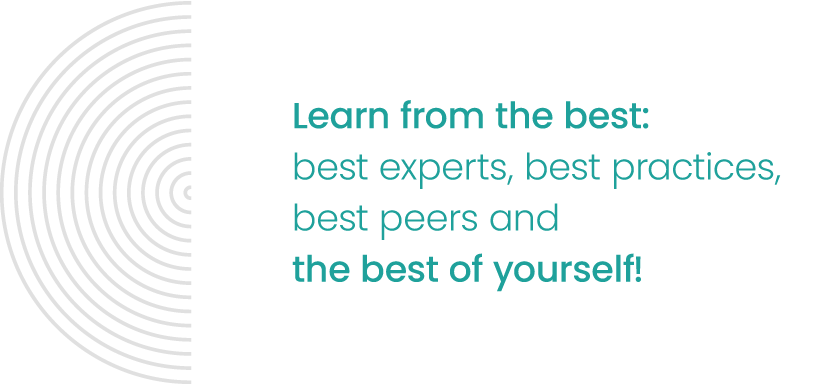Program Goals | We aim to:
1
Enhance country leadership impact in response to systemic challenges, in an effective, sustainable, and transformative manner.
2
Convene and offer state-of-the-art knowledge and specialized know-how – from both global and local institutions – in areas such as, integrated governance, systems change, and evidence informed policy.
3
Provide a space for country top-leaders in the health arena to meet with peers from own and other countries and collaborate to find innovative responses to specific leadership challenges.
4
Create a vibrant network of program alumni and CLP champions inspired by the country-driven, results-oriented GFF approach.
Stakeholders
The program will focus on national and subnational leaders including government officials, decision-makers, private sector, civil society, donor partners and others. It started with smaller groups per country, aiming to reach around 150 leaders by 2023.
Program Characteristics
To address complex challenges within adaptive systems.
Developing knowledge, skills, and attitudes in an integrated manner.
Designed based on real cases described by participants.
Combined set of on demand features including coaching, webinars and technical workshops, real-context team assignments, communities of practice and tailored personal development plans.
In partnership with a variety of specialized institutions and experts.
Seeks to set-up a dynamic and influential alumni network, paired with research.
Key Topics
Features

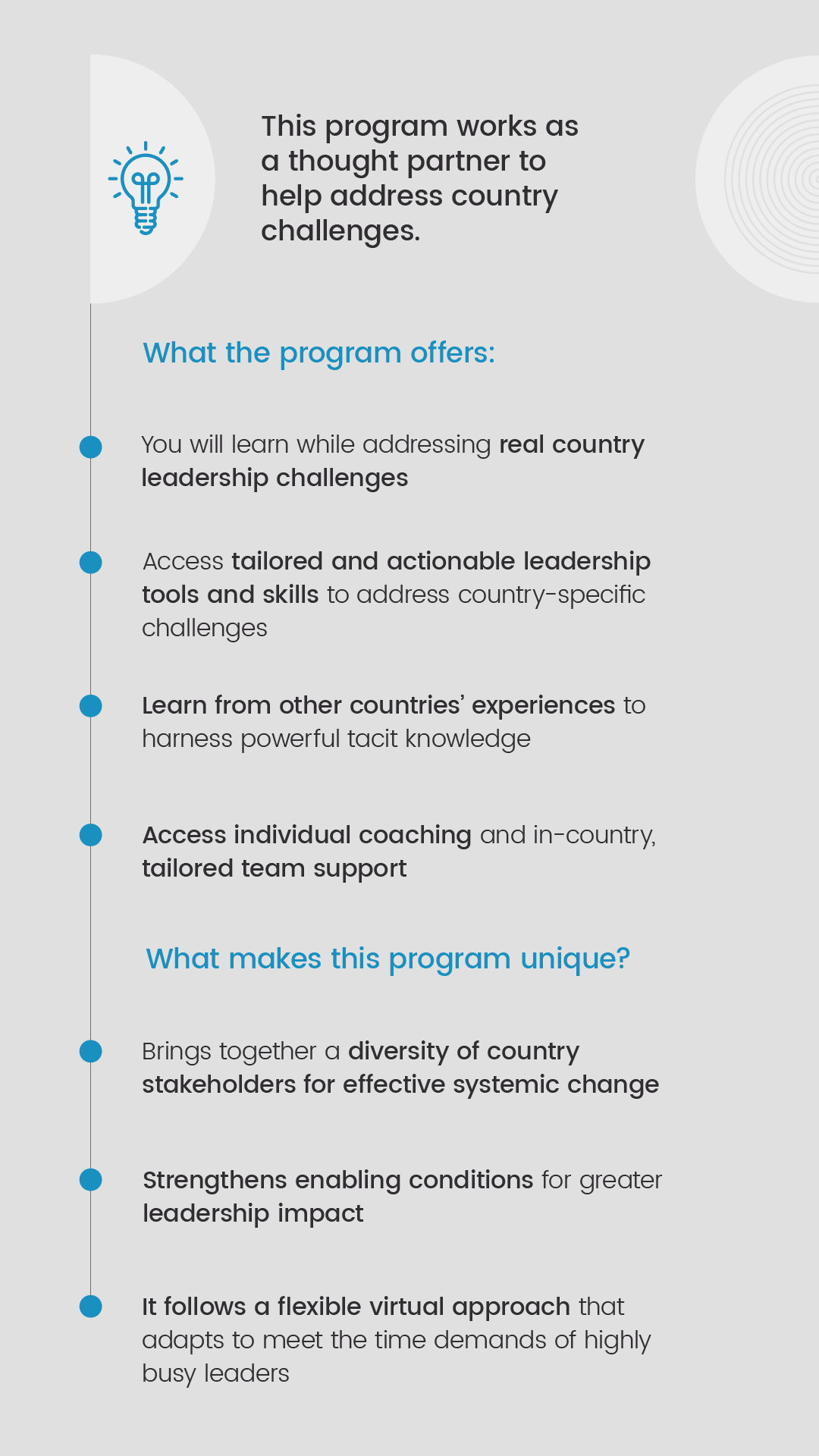
Program Faculty
